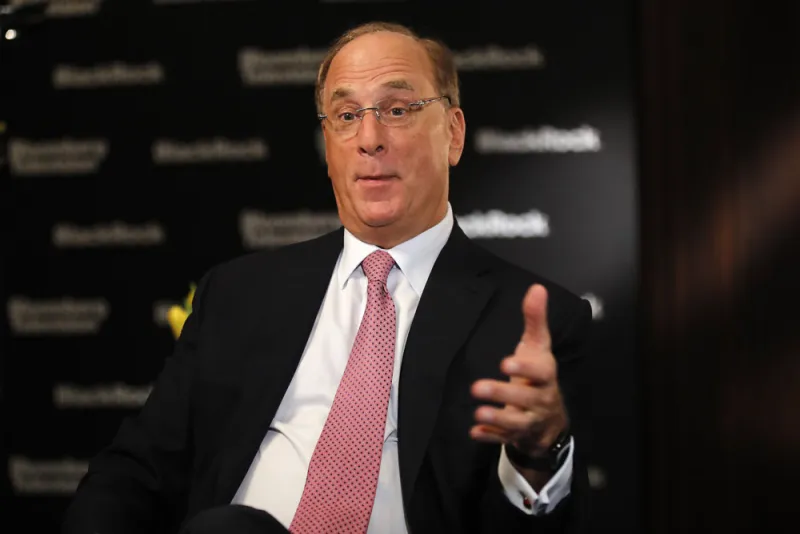BlackRock chief executive officer Larry Fink reiterated the firm’s plans to improve its diversity and inclusion in his latest annual shareholder letter.
Published on Wednesday, the letter highlights the steps BlackRock has already taken, as well as its plans to work toward net-zero emissions by 2050.
The letter comes at a pivotal time for the world’s largest asset manager. In March, Institutional Investor reported on several allegations of sexual harassment and discrimination that took place at BlackRock. That day, Fink said in an internal memo to employees that the company had retained law firm Paul, Weiss to conduct an internal review.
“I know our culture is not perfect. It depends on the contribution of 16,500 individuals,” Fink wrote. “And in some cases, certain employees have not upheld BlackRock’s standards.”
But Fink wants the $8.7 trillion asset management giant to change.
He pointed to the firm’s decision to “review of recent reports of employee-workplace matters and to provide recommendations on how we might further enhance our processes and procedures,” as one step toward becoming a more diverse and inclusive company.
In May and June 2020, Fink published two letters on LinkedIn detailing plans to improve the recruiting and retention of diverse employees and to use the firm’s position as a fiduciary to advocate for racial equity and social justice. Similarly, he urged fellow executives to address race and diversity in his 2021 annual letter to CEOs.
According to the new letter from Fink, the company wants to mitigate bias in hiring and talent management, provide training and development for employees, raise awareness of diversity and inclusion, and reset behavioral expectations at the company.
The asset manager is also planning to conduct an external review of how its strategy is impacting the diversity, equity, and inclusion among its stakeholders, according to an internal memo from Manish Mehta, global head of human resources, and Michelle Gadsden-Williams, global head of DEI, which was sent to employees on Thursday. The review, which Bloomberg earlier reported on, will begin in 2022.
Fink noted in his letter that working from home has made it difficult to nurture the firm’s culture, adding that he’s looking forward to more employees returning to in-person work.
Similarly, Fink is looking forward to meeting with clients in person again, he wrote.
“It’s often through a less structured conversation than one can have on a video call that we learn most about each other and experience intangibles, like culture, that are hard to see through a screen,” Fink wrote. “These in-person conversations we have with all stakeholders are often the most fruitful in providing us with insights to better serve them.”
[II Deep Dive: At BlackRock, New Accusations of Discrimination and Harassment Are Met With Contrition]
In addition to his focus on culture, Fink wrote that BlackRock recently signed on to the Net Zero Asset Managers Initiative, which supports “investing aligned with net-zero emissions by 2050 or sooner,” according to the initiative’s website.
BlackRock is planning to advocate for companies to become more sustainable, offer more investment and reallocation choices to clients, and invest in better information and tools to measure how climate and other sustainability factors will affect BlackRock’s portfolio.
He emphasized that governments will have to lead the charge in setting standards and creating incentives for sustainability and climate change.
“A consistent set of reporting standards will promote access to consistent, high-quality and material public information that will enable both asset owners and asset managers to make more informed decisions about how to achieve durable long-term returns,” Fink wrote.







